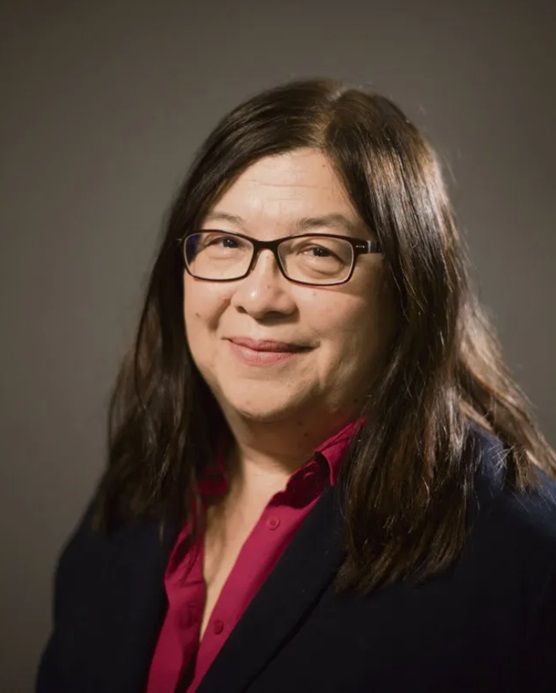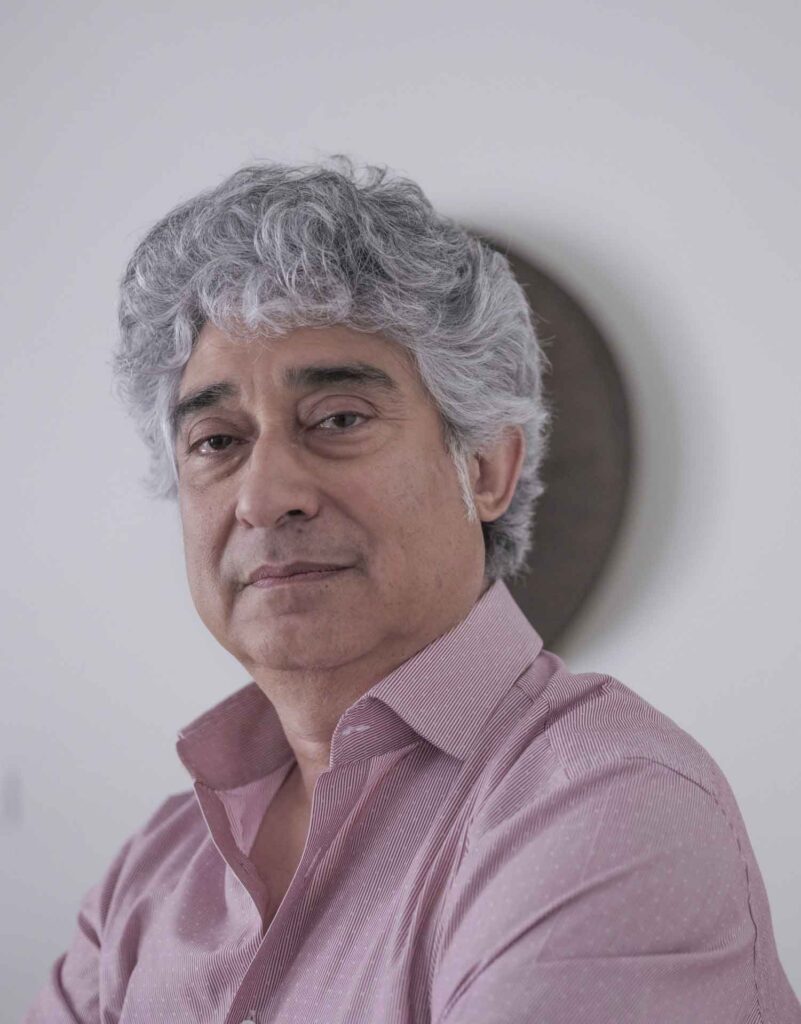Sandra Laugier is Professor of Philosophy at Université Paris 1 Panthéon Sorbonne, Paris, France, Deputy Director of the Institut des sciences juridique et philosophique de la Sorbonne (UMR 8103, CNRS Paris 1). She has widely published on ordinary language philosophy (Wittgenstein, Austin, Cavell); moral philosophy and the ethics of care; democracy and gender studies; popular art and culture. She is the translator of Stanley Cavell’s work in French and is an advisor for the publication of Cavell’s Nachlass. She has been Visiting Professor at the School of Criticism and Theory (Cornell University, 2023), the University of Toronto (2022), La Sapienza Roma (2019), Boston University (2019, 2021), Pontifical University Lima (2017); Visiting Researcher at the Max Planck Institute Berlin (2014, 2015); Distinguished Visiting Professor at The Johns Hopkins University (2011); Facultés Saint-Louis, Bruxelles (2009); The Johns Hopkins University (2008, 2009). Awards include: Senior Fellow of Institut Universitaire de France (2012-23), Chevalier de la Légion d’Honneur (2014), Grand prix de philosophie de l’Académie française (2022), Member of the American Philosophical Society (2024).Among publications: Why We Need Ordinary Language Philosophy (The University of Chicago Press, 2013),Politics of the Ordinary, Care, Ethics, Forms of life (Peeters, Leuven, 2020), TV-Philosophy, How TV series change our thinking (University of Exeter Press, 2023).
Richard Rechtman is an anthropologist, psychiatrist and psychoanalyst, and Director of Studies at the EHESS. He worked for many years with the victims of the genocide perpetrated in Cambodia between 1975 and 1979 by the Khmer Rouge regime. His current research focuses on extreme violence and its psychological and social effects, particularly in the case of the persecuted Rohingya community in Burma. He founded and directs the Réseau International de Chercheuses et Chercheurs à l'Épreuve des Violences Extrêmes (RICEVE -FMSH-EHESS). He is the author of La vie ordinaire des génocidaires (CNRS Éditions, 2020, English Translation, Living in Death, Fordham University Press, 2022), Les Vivantes (Reissue, 2025, CNRS Éditions, with a preface by Stéphane Audoin-Rouzeau), Revendiquer l'espace publique (CNRS Editions 2022, in collaboration with Nilüfer Göle, Sandra Laugier and Yves Cohen). He is also co-author with Didier Fassin of L'empire du traumatisme, enquête sur la condition de victime (Flammarion 2007, republished in Champ Flammarion in 2011 and 2024, English translation, The Empire of Trauma, Princeton University, Press 2009).



